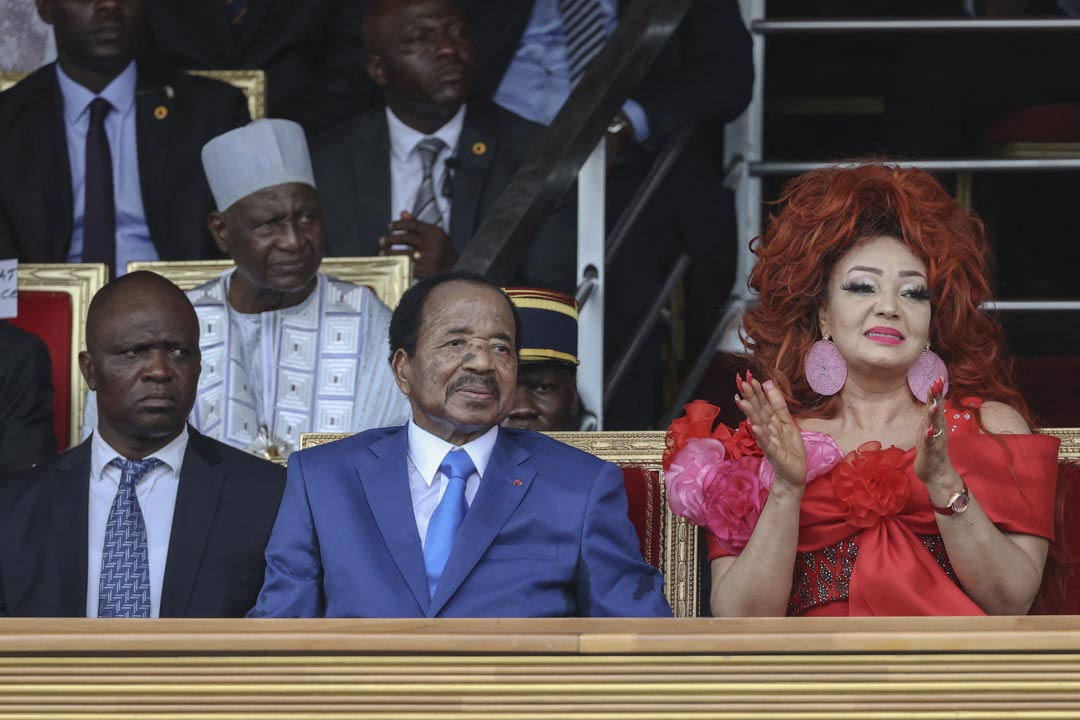
The United Nations has raised concerns over the fairness of Cameroon’s upcoming presidential elections, warning that increasing restrictions could undermine voters’ ability to freely choose their leaders.
President Paul Biya, 92, the world’s oldest serving head of state, is seeking another seven-year term in the elections scheduled for October 12. If re-elected, he would extend his nearly 43-year rule, a tenure marked by allegations of repression and political control.
“A safe and enabling human rights environment is essential for peaceful, inclusive, and credible elections. It regrettably appears that this is not the case in Cameroon,” said UN Human Rights Chief Volker Turk on Tuesday. He called on the government to take immediate steps to guarantee a free, transparent, and fair electoral process.
The UN highlighted recent incidents that have stoked concern, including the arrest of at least 53 opposition supporters last month.
They were detained on charges ranging from public disorder and unlawful assembly to rebellion and incitement to revolt.
Although all detainees have since been released, Turk stressed that “they simply should not have been arrested in the first place. No one should ever be arrested for exercising their rights to freedom of expression, association, and peaceful assembly.”
Cameroon’s opposition remains deeply fragmented, struggling to mount a credible challenge against Biya’s longstanding rule. Rights groups have repeatedly accused the government of suppressing dissent and constraining political competition, raising questions about whether the October elections can meet international standards of fairness and inclusivity.
The UN’s warnings underscore growing international scrutiny of Cameroon’s political environment. Observers fear that without meaningful reforms and the protection of civil liberties, the electoral process could exacerbate political tensions and further erode public confidence in democratic institutions.
As the election approaches, the world will be watching closely to see whether Cameroon can provide the conditions necessary for a credible vote, or whether longstanding patterns of restriction and repression will continue to shape its political landscape.



